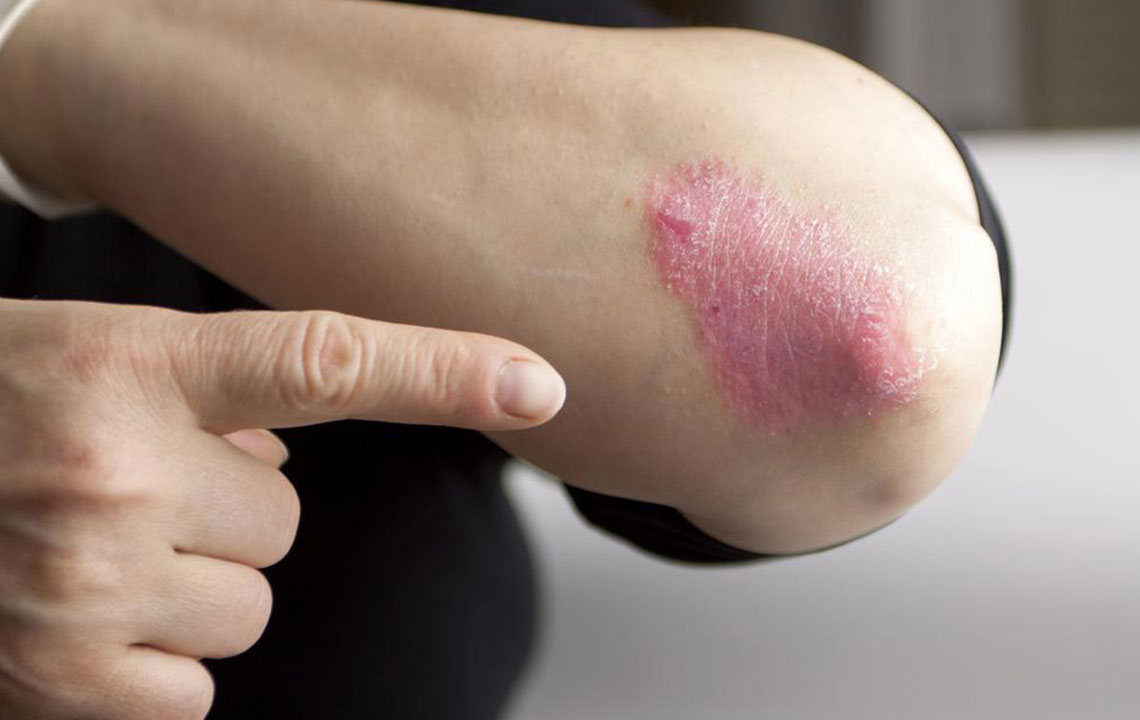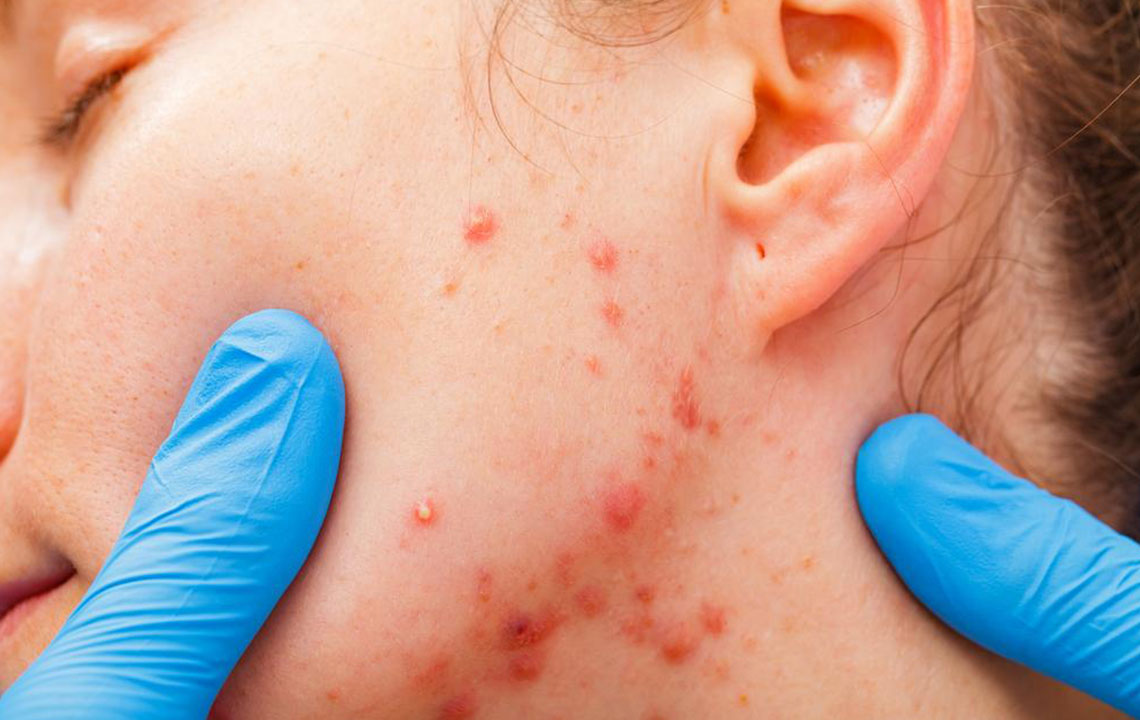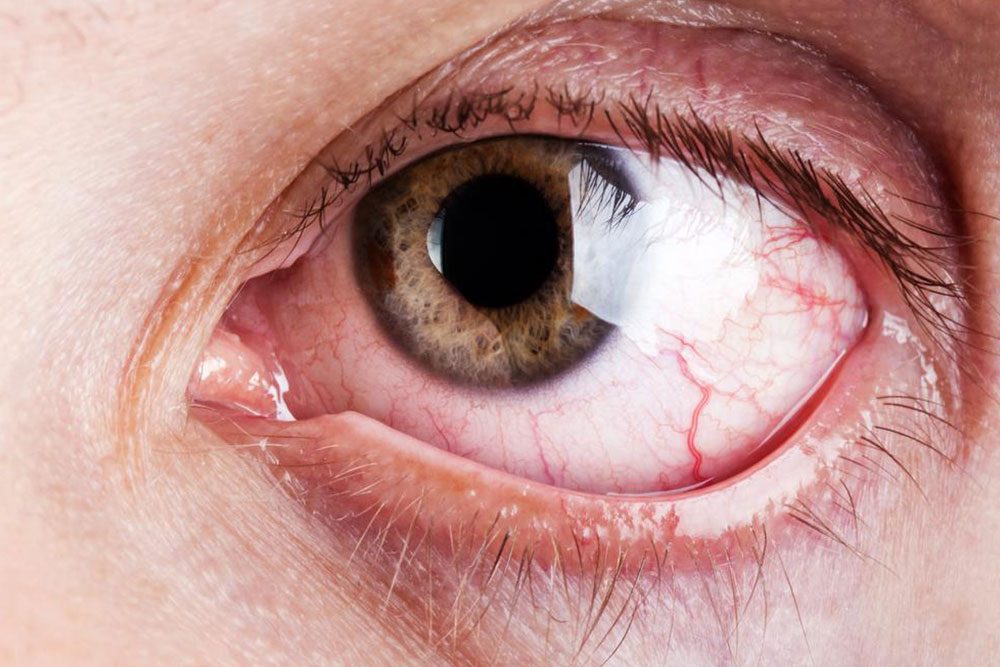Comprehensive Guide to Managing Plaque Psoriasis
This comprehensive guide explains plaque psoriasis, a common autoimmune skin disorder characterized by red, scaly patches. It covers causes, triggers, symptoms, and natural management strategies such as moisturizing, gentle baths, and sun exposure. The article emphasizes early diagnosis and proper care to effectively manage this chronic condition, which affects 2-3% of the population. Tips for lifestyle adjustments and understanding triggers can help improve quality of life and control flare-ups.

Comprehensive Guide to Managing Plaque Psoriasis
Plaque psoriasis is a chronic skin condition marked by thick, scaly patches that are usually red and inflamed. It arises from an autoimmune response where the immune system mistakenly attacks healthy skin cells. Commonly affecting the elbows, scalp, and knees, it can also appear on other parts of the body. Affecting roughly 2-3% of people worldwide, plaque psoriasis is a widespread dermatological disorder.
Underlying Causes
The exact cause remains unknown.
Current research suggests genetic mutations in multiple genes may increase susceptibility, while environmental triggers can activate the condition.
An abnormal immune response attacks the skin, speeding up cell production and forming raised plaques.
Triggers and Risk Factors
Environmental factors can initiate or exacerbate psoriasis.
Physical injury or sunburns are typical triggers that can lead to flare-ups.
Certain medications, such as lithium or anti-malarials, may also trigger symptoms.
Signs and Symptoms
Early signs include small red bumps that coalesce into inflamed patches.
These patches often cause itching and may be flaky or scaly.
The size varies from tiny spots to large, thickened skin areas.
Symptoms tend to recur periodically, with flare-ups lasting weeks and remission phases in between.
Additional symptoms include dry skin, joint swelling, stiffness, and thickened nails.
Management and Lifestyle Tips
Light cases can be managed with home remedies and lifestyle modifications.
Severe instances may require medical therapies alongside home care.
Consistent moisturizing helps reduce dryness and irritation.
Epsom salt baths can soothe inflamed skin and help remove flaky patches.
Sun exposure may aid healing but should be approached cautiously to prevent burns.
Maintaining a healthy weight can contribute to symptom control.
It's important to remember that plaque psoriasis is not contagious. Early diagnosis, proper treatment, and healthy habits can effectively keep the condition in check.


